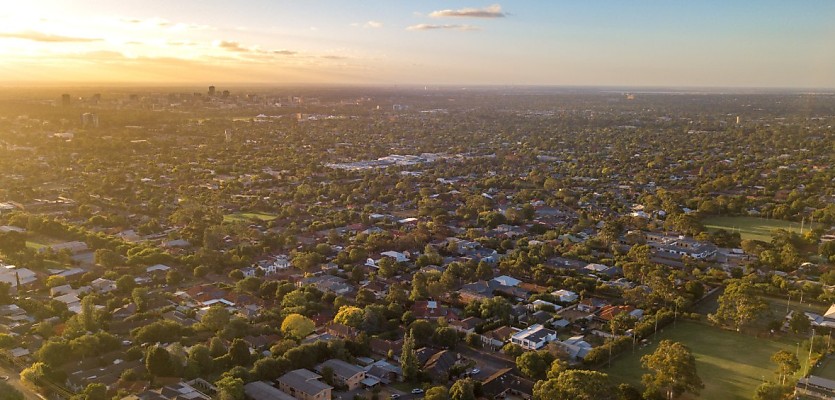In a proactive response to the ongoing housing crisis, the South Australian government has taken a decisive step by implementing a ban on rent bidding.
Under the reforms, landlords and agents are no longer able to advertise properties with a rent range, put properties up for rent auction, or solicit offers over the advertised rental price.
Additionally, any assessment of a potential tenant cannot be based on an offer to pay more than the asking price if third parties are involved in the application process.
First announced on 15 February, the ban on the practice was part of the Malinauskas government’s targeted reforms to the Residential Tenancies Act.
The proposed raft of reforms came after the government received feedback from tenants, landlords, and other stakeholders following its extensive review of the state’s tenancy laws, which was launched last November.
Housing stakeholders, including tenants, landlords and involved organisations, were called on to provide their input until 16 December on the reforms which were up for proposal, including renting with pets, shared housing, and the practice of rent bidding.
Minister for Small and Family Business, Andrea Michaels, said the practice of rent bidding “unfairly drives up prices” and is contributing to the current rental crisis by making it “more and more difficult for South Australians to find affordable rental accommodation”.
“The Malinauskas government understands how difficult the rental market is with South Australia having one of the lowest rental vacancy rates in the nation, and we continue to act decisively to make the system fairer and more accessible for South Australians looking for a home,” she stated.
Currently, Adelaide’s median rent stands at $450 per week (houses and units combined) – a record high – while the city’s vacancy rate is among the lowest in the nation at 0.6 per cent.
A recent report from the Real Estate Institute of Australia (REIA) showed house rents are up nearly 30 per cent in pocket areas of the country in the past year - the largest increase since the real estate body began keeping records nearly three decades ago.
Notably, the South Australian capital had the highest quarterly increase in rental prices, notching 5.3 per cent during the last three months.
This significant reform brings South Australia in line with other Australian jurisdictions where restrictions on rent bidding have been introduced.
States that have fallen in line to stamp down the practice include Victoria, South Australia, Tasmania, and the ACT.
In NSW, the Minns government had initially planned to crack down on rental bidding but has now paused their push for the controversial rental reform. Markedly, the proposal to ban rental bidding altogether has not been completely abandoned, as it will undergo a thorough review by the incoming NSW rental commissioner before being reintroduced to Parliament.
As part of the State Government’s Better Housing Future plan and following an extensive review of the state’s Tenancy Act, the Malinauskas government has also made changes to South Australia’s Private Rental Assistance Program (PRAP) by expanding the eligibility criteria.
Significantly, the government has announced plans to allow pets in rental properties, so that tenants cannot have their request to have a pet unreasonably refused while still allowing landlords to set reasonable conditions.
In addition, the state government is increasing the minimum notice to end a tenancy from 28 days to 60 days, so tenants will have more time to secure a new rental property and make the necessary arrangements to move.
As part of future reforms to be introduced to Parliament this year, landlords will also be required to provide tenants with a prescribed reason to end a periodic tenancy agreement or to not renew a fixed term agreement such as wanting to move into or sell the property.









You are not authorised to post comments.
Comments will undergo moderation before they get published.